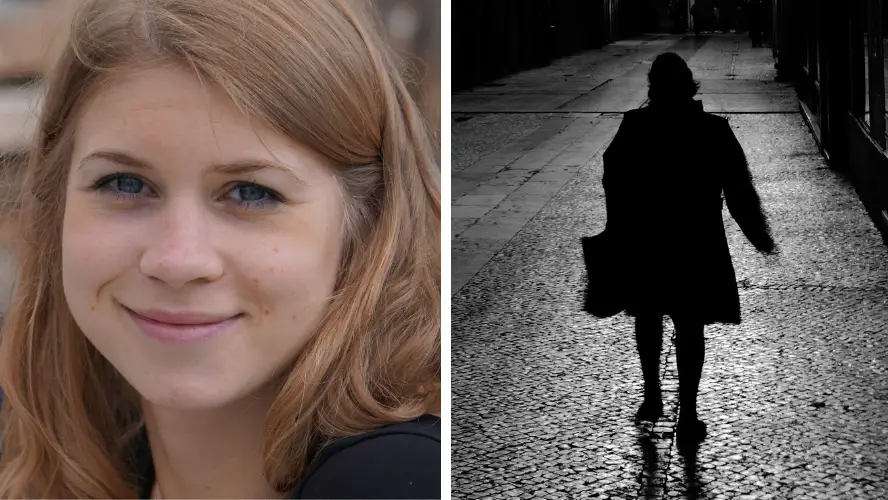
**Warning: Contains mentions of kidnap, rape, murder and violence against women.**
It's been two years since Sarah Everard was kidnapped, raped and murdered by serving Met police officer Wayne Couzens.
In the wake of Sarah's passing, the Met Police promised to conduct a review of Met culture and standards in order to rebuild public trust, prioritise action against sexual and violent predatory offenders and ultimately 'do more to protect women and girls'.
Met Police Commissioner Cressida Dick - who later resigned as a result of the atrocities which took place under her leadership - said at the time of Couzens' sentencing: "I am absolutely horrified that this man used his position of trust to deceive and coerce Sarah, and I know you all are too. His actions were a grave betrayal of everything policing stands for."
Advert
Two years on from Sarah's death, and on International Women's Day 2023 - 300 years away from achieving global equality - Do we trust the police more? What's really changed? And are women and marginalised genders actually any safer walking the streets? Tyla spoke to UN Women to find out.
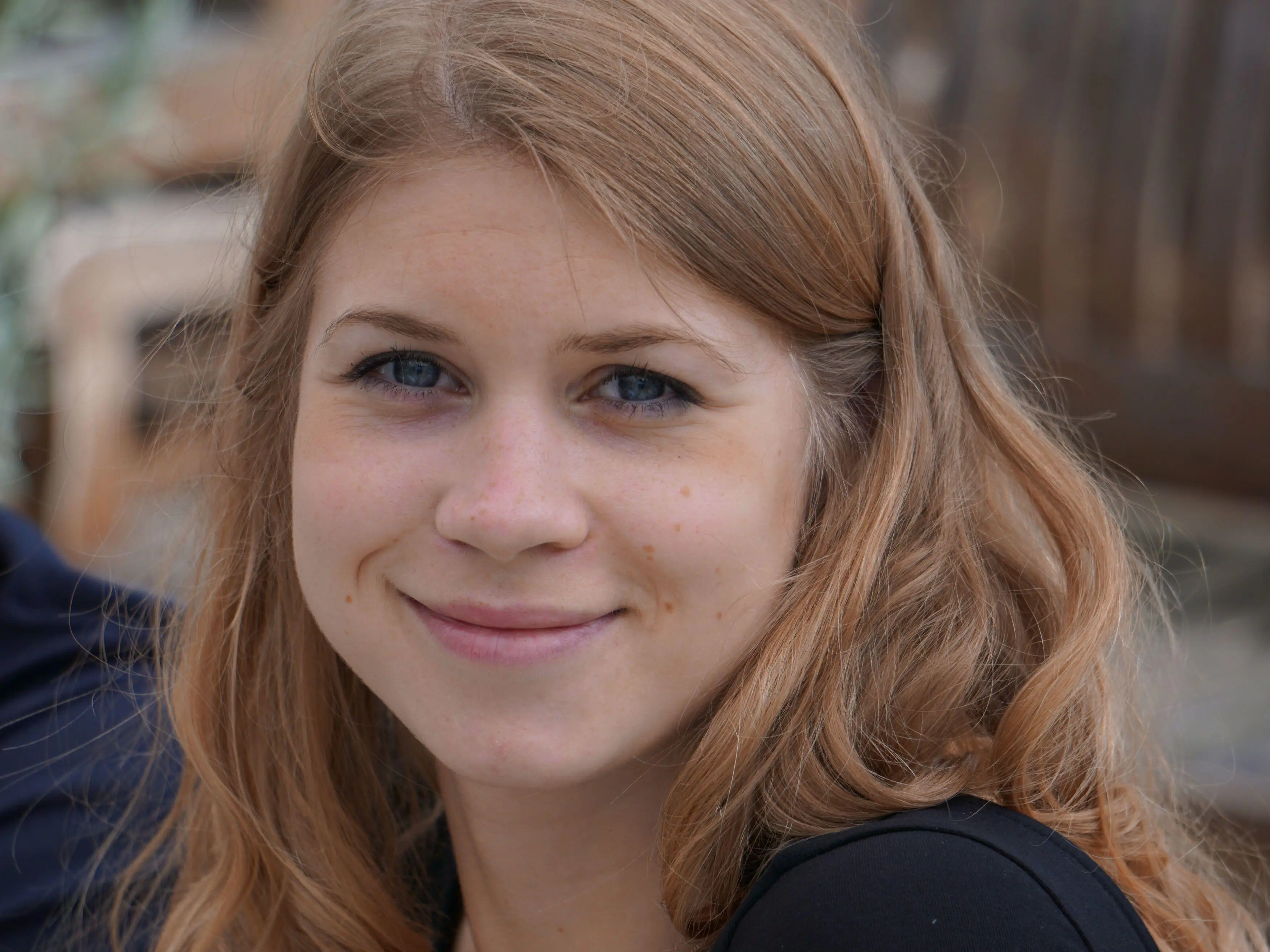
I grew up in Clapham, an affluent residential area of London, known to many as 'Nappy Valley' for the families it attracts - the area widely considered one of the safest in London to raise your children. On Wednesday, 3 March 2021, people's perception of Clapham changed completely.
On that day, 33-year-old marketing executive Sarah Everard was walking home from a friend's house near Clapham Common when she was kidnapped.
It was later discovered Wayne Couzens - using his position as a police officer - stopped Sarah in the street, handcuffed her and placed her inside his vehicle. The 49-year-old later raped and strangled the marketing executive before burning her body and disposing of her remains in a pond.
Sarah's death - alongside multiple which followed: Nicole Smallman, Bibaa Henry and Sabina Nessa, the list growing every year - sparked widespread questioning around women's safety in the UK, as well as anger and scepticism over whether authorities such as the police can be trusted.
If a woman isn't safe walking around an area known as 'Nappy Valley' then are women really safe anywhere in the UK?
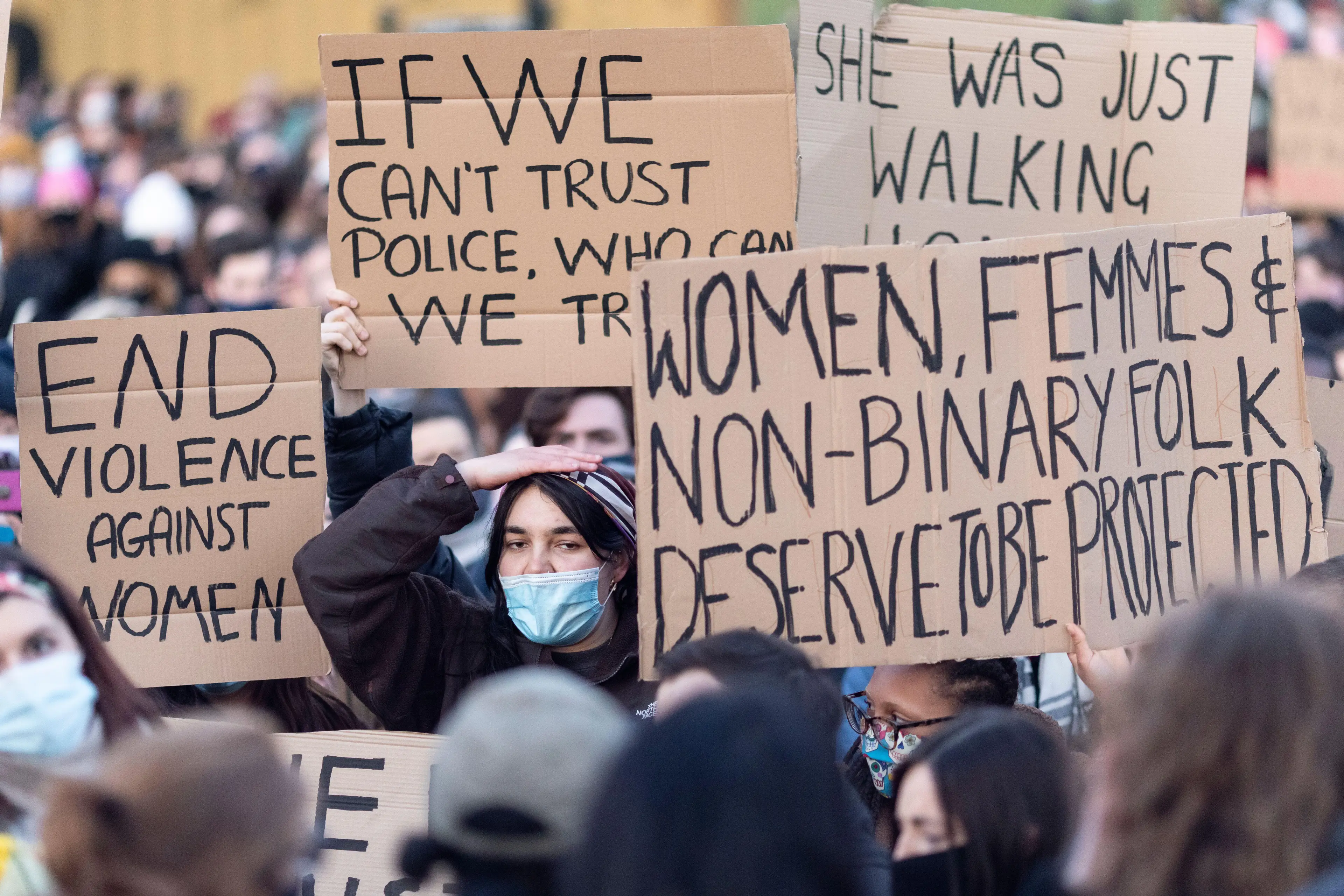
By 'tragic chance', several days after Sarah's death, UN Women UK released a report into 'the prevalence of sexual harassment int the UK' and the data 'was stark'.
Executive director of UN Women UK, Claire Barnett tells Tyla: "We found that only 3 percent of 18-24 year-olds hadn't been sexually harassed - a reality that was picked up on placards and in protest chants across the country.
"We saw the public narrative shift in a fundamental way, from talking about a frightening, isolated case to focussing on the spectrum of violence and harassment women have been forced to tolerate for all of human history and a call for an end to this once and for all."
Indeed, in the days after Sarah's passing, vigils were organised up and down the country to 'reclaim the streets' for women and marginalised genders.
On Saturday, 13 March, a vigil was held on Clapham Common - near to where Sarah went missing.
The event description read: "We believe that streets should be safe for women, regardless of what you wear, where you live or what time of day or night it is. We shouldn't have to wear bright colours when we walk home and clutch our keys in our fists to feel safe. It's wrong that the response to violence against women requires women to behave differently.
"In Clapham, police told women not to go out at night this week. Women are not the problem."
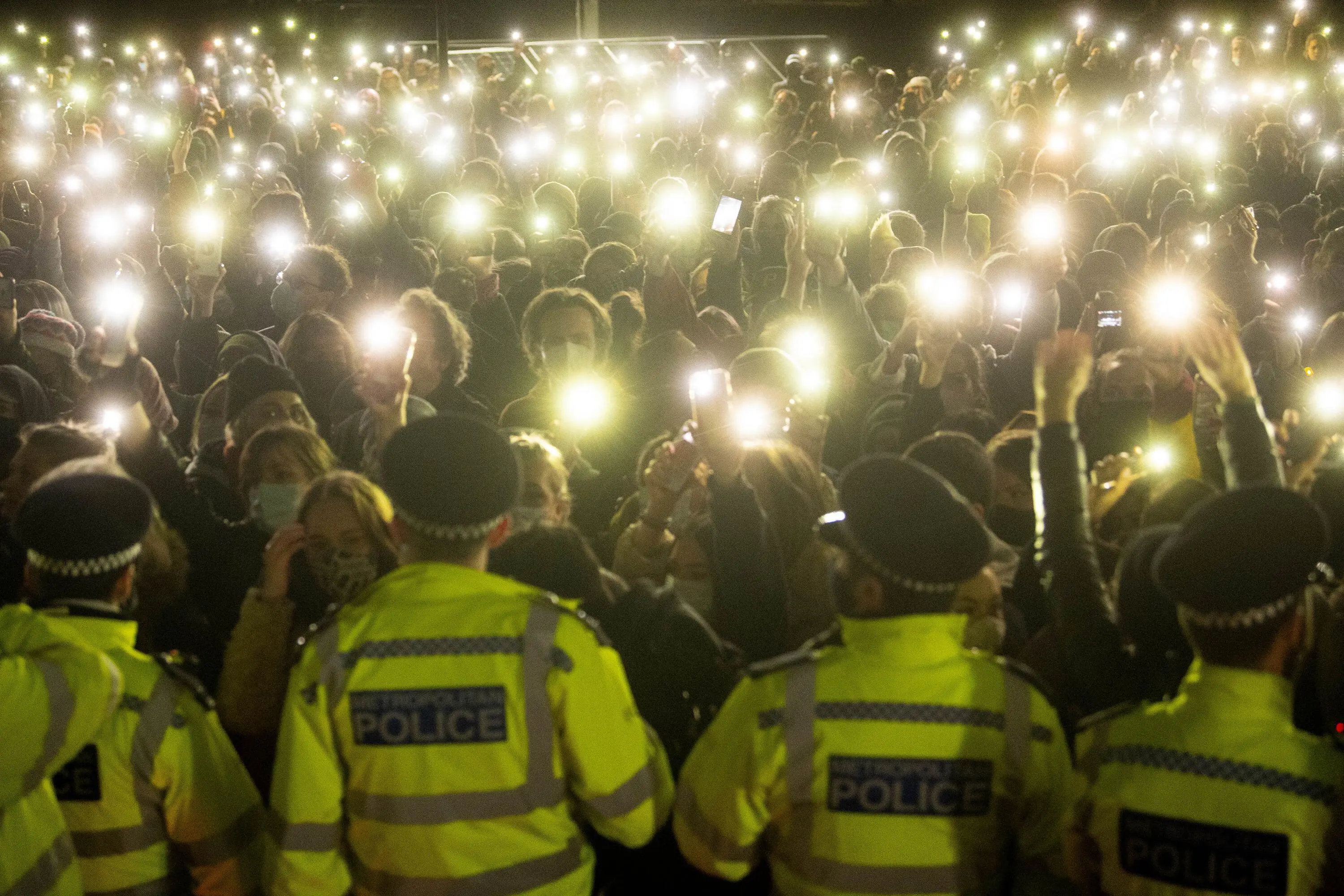
Hundreds flocked to Clapham Common bandstand at 6pm on 13 March, only to come face-to-face with police - the vigil took place during the coronavirus pandemic, but stated it would 'observe strict Covid-19 safety guidelines, including compulsory mask-wearing and social distancing'.
Despite the peaceful nature of the vigil, attendees were met with a forceful response from police - with a photo of Patsy Stevenson being held to the ground by an officer becoming widespread online.
Another vigil attendee told UNILAD police 'took these women and pinned them to the ground in a completely violent and unnecessary reaction; young women being held back by middle-aged policemen'.
It was later ruled by two judges Met Police had breached the rights of the vigil's organisers and that the police's actions were 'not in accordance with the law'.
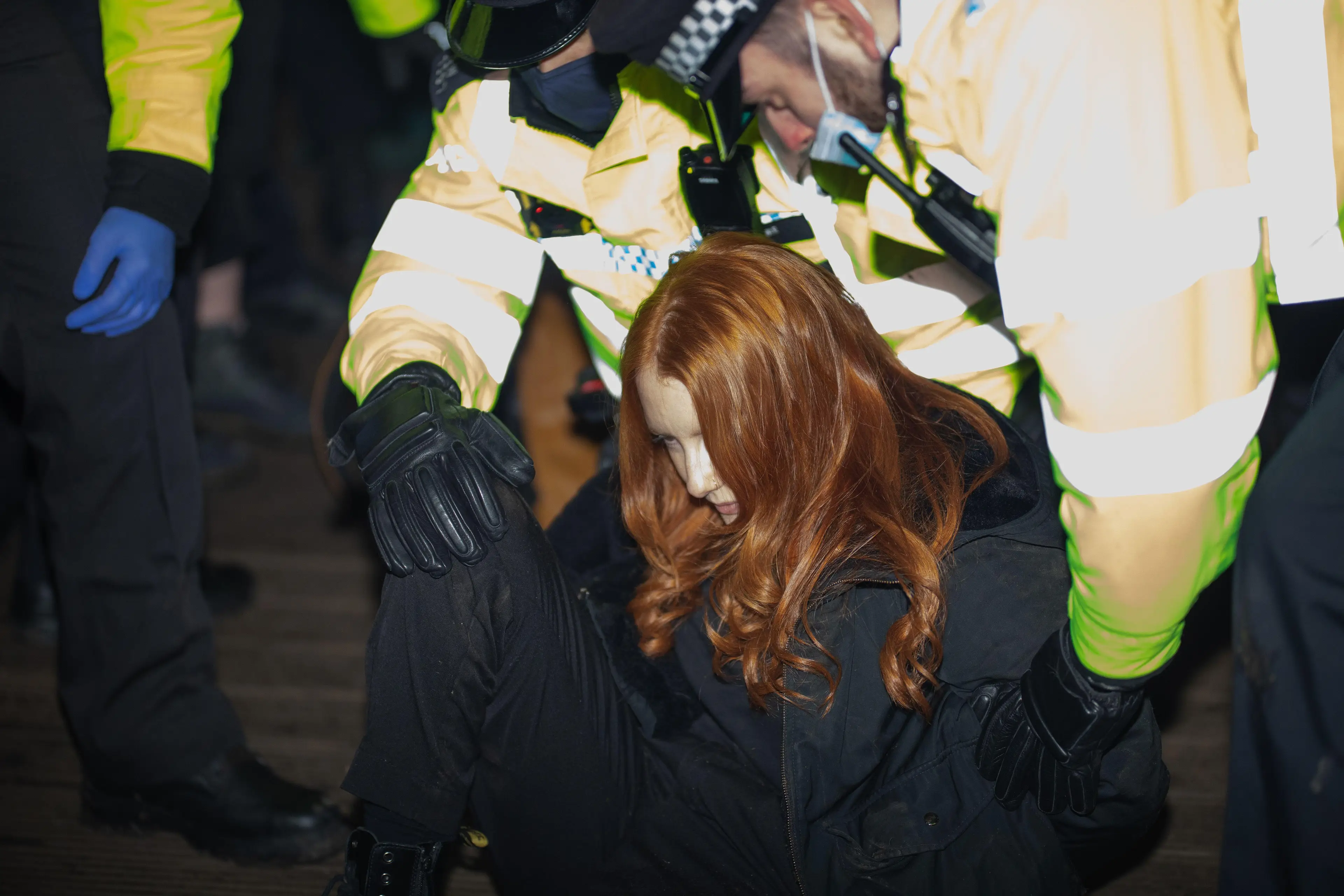
LADbible Group contacted the Met Police to discuss what's truly changed in regards to women's safety in the UK since Sarah's passing. The Met Police didn't agree to a discussion, instead simply sending a statement, as well as links to plans to 'reform the Met'.
The statement reads: "Tackling all forms of violence against women, including sexual assault, stalking and harassment, is a priority for the Met. Any evidence of potential crimes will be assessed, and we will also consider the wider intelligence and policing picture.
"Every woman should feel safe, and we remain committed to doing everything possible to ensure that this is the case. We are supporting the Mayor of London’s refreshed strategy which champions a public health approach to ending violence against women and girls, and places a stronger emphasis on partnership working, prevention and education across a wide range of services in London."
The Met Police listed the Mayor's Women's Night Safety Charter as well as initiatives such as 'Ask for Angela' as proof of its efforts to ensure women's safety, alongside its deployment of 'hundreds of extra officers in town centres and high streets to reduce crime and increase confidence through greater police visibility, including for women and girls' as well as the use of plain clothes officers. But have the police acted on its words and two years on, has its plans made women any safer?
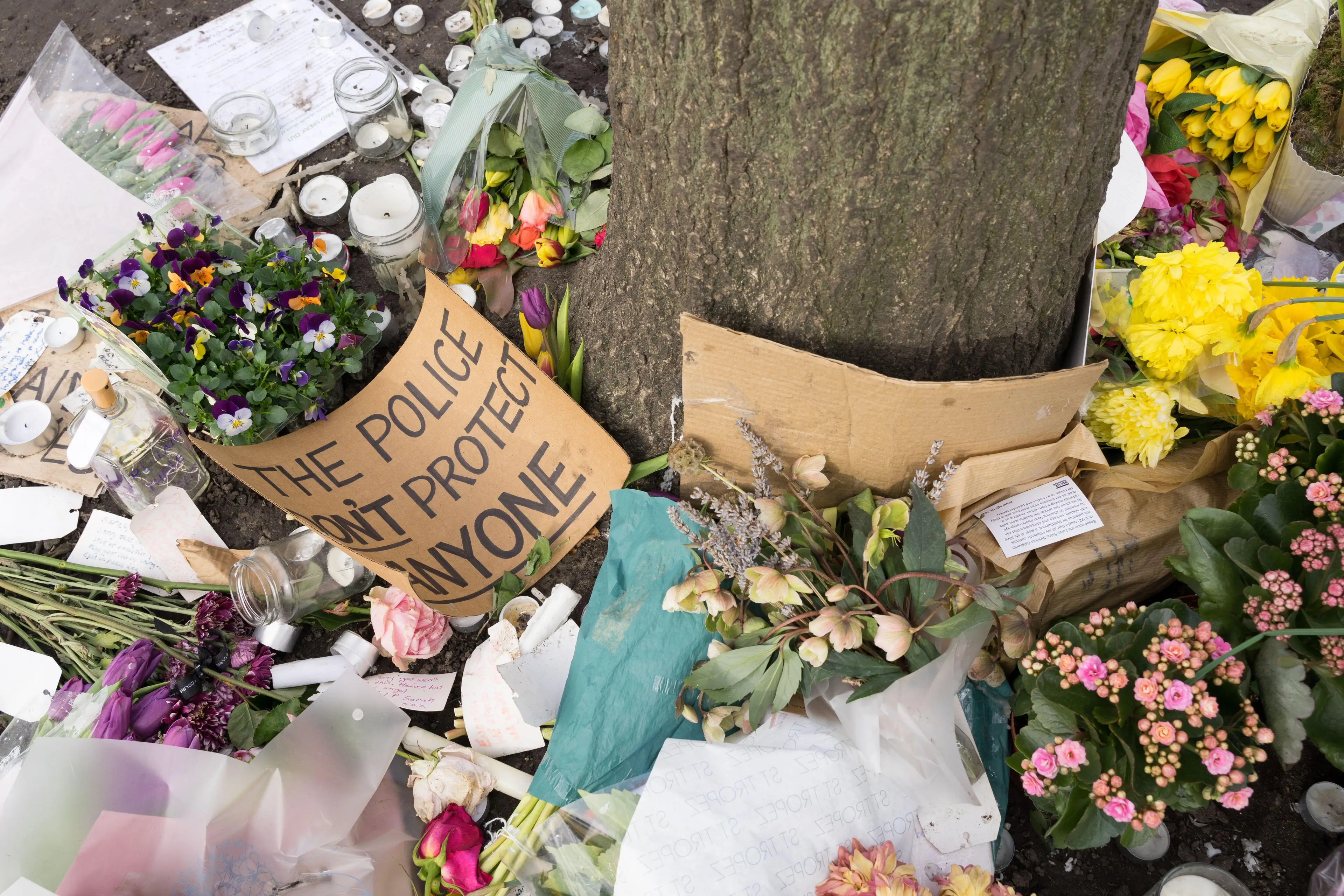
Barnett notes there has been a 'flurry of discussion and action' over the past two years since Sarah passed, 'but there are several fundamental problems with the nature of this action'.
On behalf of UN Women Barnett tells Tyla: "Solutions are focussing on making women feel better, rather than actually be safer - for example investing in street lighting rather than preventing harmful behaviour, or giving kitemarks to venues that have not undergone proper training or policy management. Making women and girls feel safe and let down their guard when in reality they are not safe, can be worse than doing nothing.
"Solutions are being created by non-specialist organisations, without including those they are for in the design process, while specialist women's organisations have been calling for their expertise to be heard for decades. This means almost none of the so-called solutions are being measured to check they actually work, they are non-transformative, and in some cases they're spreading actively harmful misinformation.
"And we are focussing on individual-level change and failing to address institutional challenges. Equal representation in leadership will not stop create equality or safety on its own, if our institutions encourage marginalised people to assimilate into harmful behaviour patterns even against their own groups."
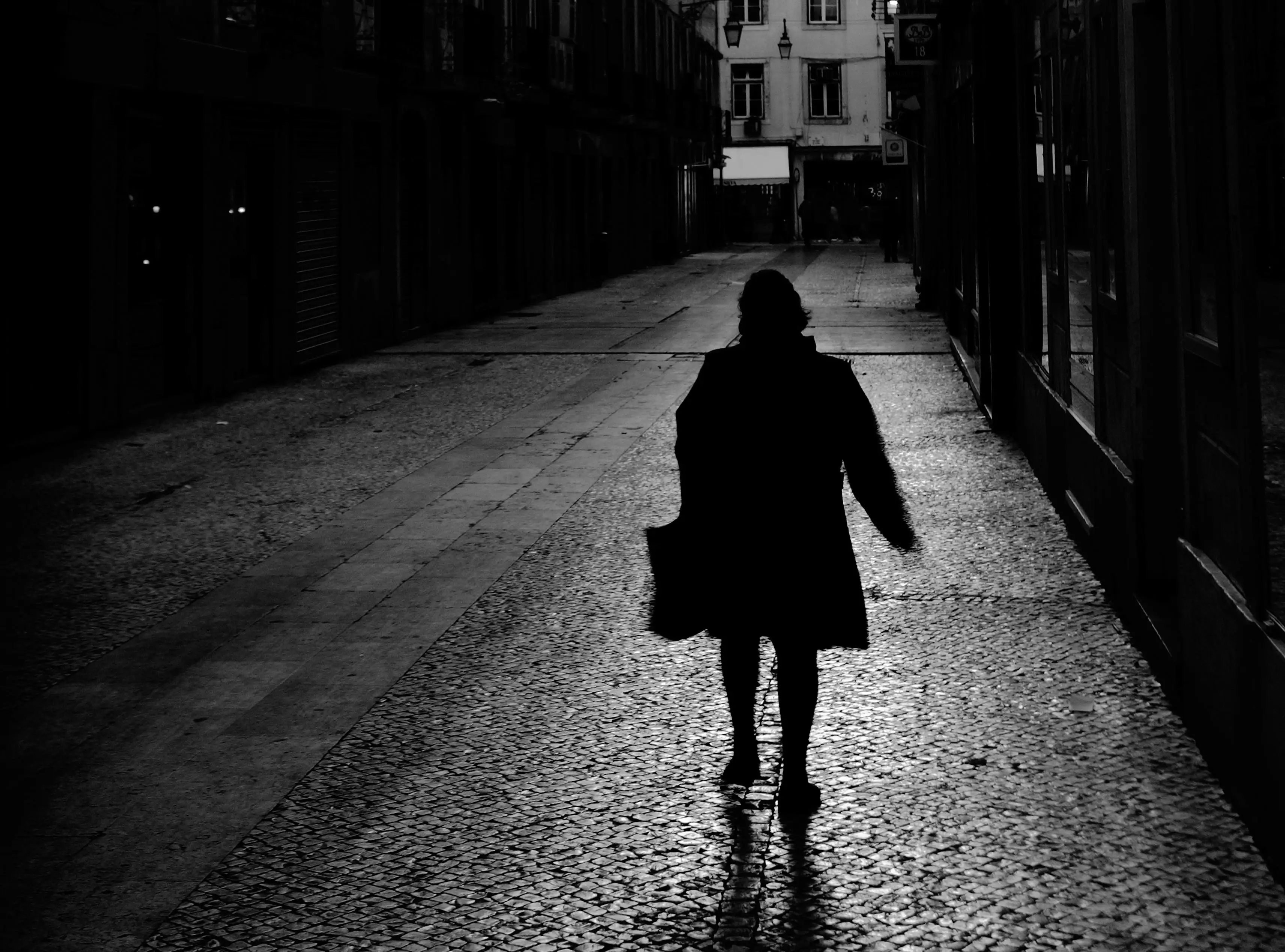
Barnett resolves: "Two years on from the death of Sarah Everard, there has been a huge amount of discussion of change. I'm delighted to see that. When UN Women's global Safe Cities programme started 13 years ago, and when we launched the Safe Spaces Now project in the UK in 2017, this was absolutely not a mainstream issue. [...] But the reality of change is still incredibly slow.
"This International Women's Day, I'd love to see our leaders - in policing, in politics, and in the private sector - spending less time explaining what they've already done, and more time meeting with experts who understand how feminist, inclusive and intersectional design of solutions should be done - so that no one is left behind.
"Surely no leader wants to be the next who, when their sector's #MeToo moment comes - and make no mistake, it will come - has nothing to say about how they have tried to attack the issue at its core, and actually prevent violence, not just wait for it to happen and then support survivors. No, this isn't easy, but as we've seen with seatbelt-wearing, vaccine adoption, and smoking in public places, behavioural change is absolutely possible if we treat violence against women like the public health issue that it is.
"For those asking, 'What about men's rights?', men and boys are harmed by unequal gender norms too - from mental health impacts to stereotyping affecting their work and parenting - and they are a huge part of creating solutions that make life better for everyone. I'm so glad LADbible is speaking up on this issue, and I am so pleased that LADbible and UN Women UK are standing together to take action against sexual harassment and violence in public spaces."
Topics: Sarah Everard
